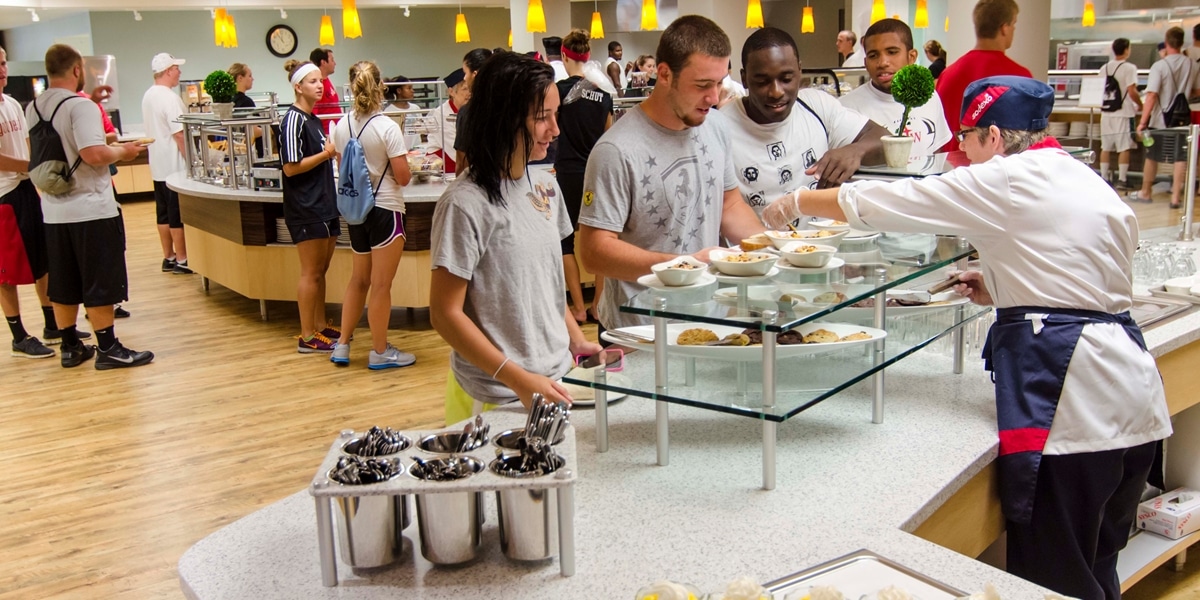In our modern-day world the dining experience is no longer just a matter of eating. It is now an experience that reflects culture and forms the cornerstone of a community. The change wouldn’t have been feasible without the role that food service companies play.

Foodservice Companies, also known as food service businesses, are diverse organizations that cater to a variety of requirements in the food industry across a variety of sectors. From corporate offices to healthcare institutions, educational establishments to entertainment facilities, these organizations are the unsung heroes who orchestrate culinary symphonies in the background.
The food service contract industry is an important segment of this field. They are experts in the field of food and specialize in providing turnkey food solutions to businesses and institutions. In close cooperation with their customers they create menus that harmonize with the individual preferences and dietary preferences of every setting. Beyond the tasty offerings Contract food service providers take on the responsibility of flawless execution, ensuring that each mealtime is an opportunity to enjoy.
Stepping into the shoes of food service contractors, let’s delve into their role with greater depth. They are similar to chefs, who design and constructing the base of dining experiences. Food service contractors are responsible for the intricate choreography that includes procuring, preparing and serving meals while adhering to strict quality and safety standards. Food service contractors can adapt their abilities to suit a workplace or healthcare facility.
Alongside the food service management firms. Imagine them as conductors orchestrating various elements to make an harmonious culinary composition. These companies have a holistic approach, focusing not just on the menus, but also other operational aspects. The company that manages foodservice executes a planned and controlled performance in the background, from the management of inventory and staffing in order to maintain hygiene standards, and following regulations.
In the tapestry of food service providers cafeterias make up an important thread. Cafeterias, often the heart of institutions, are much more than just places to eat. They are also places where ideas and conversations thrive. Cafeterias aren’t food outlets; they’re also a place where people can come together and exchange ideas. They are the symbol of choice, offering a variety of food options catering to the diverse tastes of people.
In an era where convenience and quality is paramount food service providers have become trend-setters. They have adopted technology to simplify ordering processes, improve customer experience, and cater to their preferences in the dining room with precision. Innovative technologies include online ordering, the use of contactless payments, and customized menus.
The social responsibility of food service businesses cannot be ignored. With a particular focus on sustainable sourcing and ethical practices the majority of these businesses are committed to eco-friendly practices. They’re dedicated to delighting the taste buds and taking care to not harm our planet.
The world of food service is a dazzling tapestry that is interspersed with understanding of the culinary industry, creativity and a profound understanding of human interaction. The careful work of contract service companies and the culinary expertise of food management companies all contribute to creating memorable dining experiences. Cafeterias that blend nourishment and community, bring warmth to any institution. As these companies evolve to embrace sustainability and technology they strengthen their standing as a renowned architect for delicious eating moments.